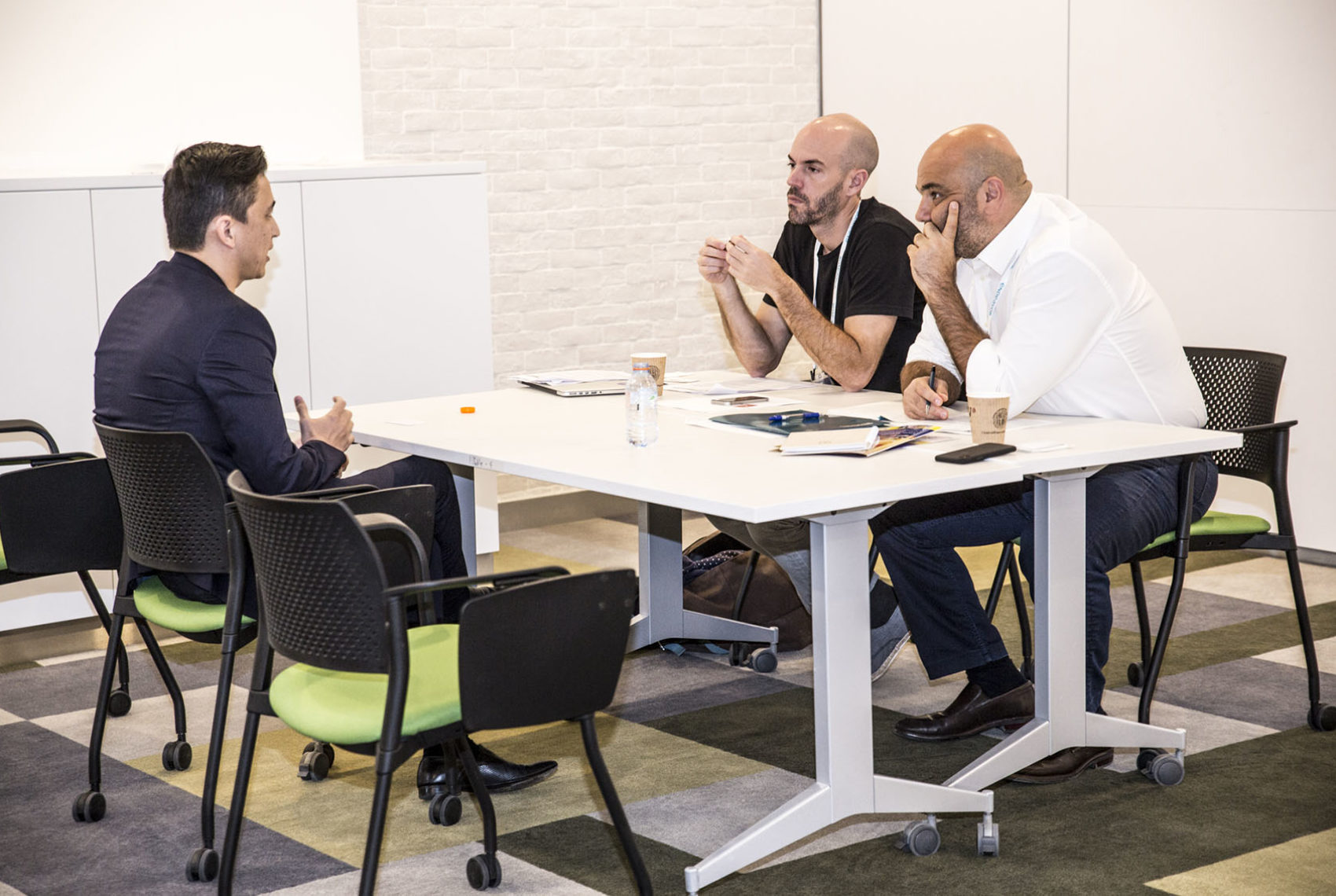Redefining Sustainability with Cabify

Ridesharing has taken over the world, so it’s no surprise that competition is steep. Between the likes of Uber and Chinese ride-sharing company Didi, Cabify, had its work cut out.
The Spanish unicorn proves that success can be measured in more ways than market share. Environmental and social impact are also part of the equation.
As Juan de Antonio, founder and CEO of Cabify, says best, “What moves me is the desire to make our society progress toward a more sustainable paradigm.”
So in 2011, Antonio founded Cabify in Spain with the idea of creating a healthy environment for drivers and passengers – something other companies in the space struggled with.
By integrating a variety of transportations, Cabify is a 100% carbon neutral company.
After launching in Spain, Antonio realized Latin America’s need for affordable car services, too, as most local cities are poorly connected with subway systems and mass transportation. So, he decided to invest in a long-term vision to transform local markets’ urbanization and transportation plans.
“ We knew that whatever we provided had to be sustainable, including the pricing. Everyone involved has to win in the business structure — the drivers, the passengers. We could not rely on subsidies and unsustainable practices.“
JUAN DE ANTONIO
FOUNDER & CEO, CABIFY
Today, Cabify is one of the best ways to get around in Spain and more than 40 cities in seven Spanish-speaking countries in the Americas, from Mexico to Uruguay. In its first ten years, the company grew to embrace over 400 thousand drivers, offer a messenger service, serve more than 65 thousand companies and 33 million regular customers.
At Cabify, female representation accounts for more than twice the technology sector’s average, with women representing 46% of the office teams in 2021.
The company also actively listens to the needs of female passengers, who feared a lack of safety when it came to public transportation in Latin America.
Antonio first heard of Endeavor in 2009 while pursuing his MBA at Stanford University and supported its entrepreneurs through a Summer internship.
Once Endeavor opened its office in Spain, Antonio joined as a company founder and remembers getting crucial advice from a mentor: “you should own more of your company.”
At the onset of the Covid-19 pandemic, Cabify created Envíos, a much-needed service that delivers small goods between individuals and companies across cities. The initiative was so successful that the company is now investing in urban logistics to connect retailers’ stores and warehouses with customers for last-mile delivery.
More than a ride-hailing service, the company aims to combine its mobility services to offer safety and fairness in terms of trade convenience.
Through its work and mission, Cabify is redefining how high-impact companies can inspire best practices in social equity and sustainability around the world.

